Schools are preparing to reopen in the fall, but things are bound to look different this year, thanks to COVID-19. In years past, getting ready to go back to school was all about buying new shoes, clothes, and school supplies, even trying to find the best personalized note cards. Now, it’s all about keeping kids safe from coronavirus. The good news is there’s a lot parents can do to prepare children for the classroom by emphasizing the importance of good hygiene, social distancing and wearing masks. The rest is all about keeping up with good general health practices and keeping the lines of communication open between parent and child.
Explain Masks and Make Them Fun
Schools are discussing whether children need to wear face masks throughout the school day, or if it’s enough to wear them only during times of close interaction. There is no doubt that schools will issue guidelines as the beginning of the school year looms. Parents in doubt regarding mask-wearing for their children, should be in touch with the school. The school secretary should be able to tell you the particular school policy on masks or direct you to the right school official to discuss about any mask-related issues.
In addition to knowing the policy of your child’s school regarding the wearing of face masks, parents need to discuss the ins and outs of face masks with their children. Kids are more inclined to cooperate when they understand why something is important. It’s enough to explain that masks can help keep others safe from any germs that might spray when we speak, sneeze, or cough. The Centers for Disease Control and Prevention (CDC), says masks should be worn by children over the age of two. Parents can keep up with the latest CDC recommendations for mask-wearing on the CDC mask guidance page.
Masks can become uncomfortable when worn throughout the day. Keep kids from balking by buying or making attractive masks with fun designs. Remind children not to share or trade masks with classmates. And be sure to visit the StringKing website to find some of the best masks for kids.
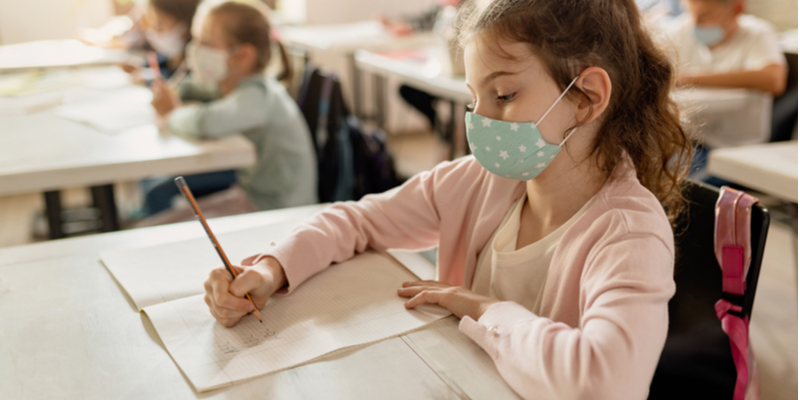
Encourage Good Hygiene
Kids should already know good hygiene by the time they go to school. Hand-washing, in particular, is a skill that school-aged children should have long ago mastered. Talk about germ and virus transmission through touch. Make sure your child has a small container of hand sanitizer for when soap and water are not available, you can get this 72 pack 8 oz hand sanitizer and refill your child’s container every week. Teach children not to touch or share personal items with their friends.
In addition to keeping their hands clean, kids should be taught to avoid touching items with their hands, for instance doorknobs, light switches, and handrails. If children do need to touch these items, they should always clean their hands immediately after use. It’s important to stress that children should avoid touching their faces, as this is one way to transmit germs.
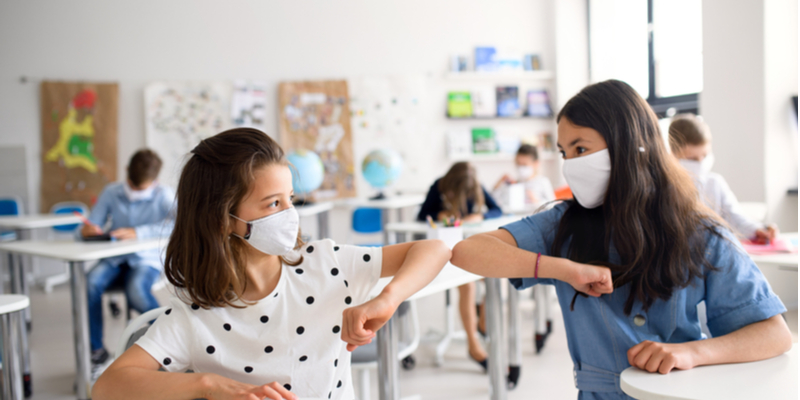
By now, children should also know to cover their mouth when they cough or sneeze. The crook of the elbow can be used for this purpose. Teach the child to turn away from people as he or she coughs or sneezes, as well. After a sneeze or cough, always clean the hands.
Keep Up With Checkups and Vaccinations
Sometimes we’re so consumed with coronavirus we forget just regular health maintenance! Kids need to continue regular checkups at the pediatrician and to get their vaccinations, too. Staying well is also about maintaining our regular health routine. Many doctors are now offering telemedicine visits to cut down on contact and avoid contagion at this time. Call your doctor’s office to find out what you can do by phone.
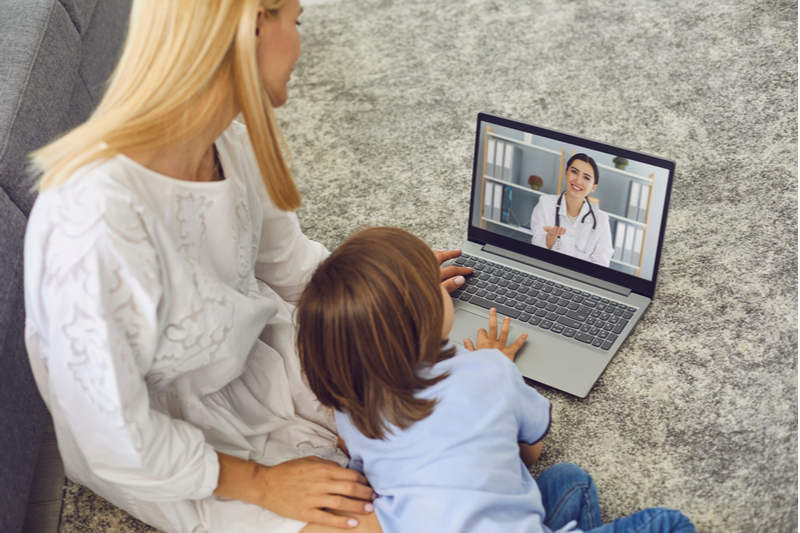
Don’t be tempted to put off vaccinations. Now more than ever, it’s important to stick to your child’s vaccination schedule. Speak to your doctor if you have any questions about vaccinating your child during the coronavirus epidemic.
Recess! Games Made for Social Distancing
It’s one thing to maintain distance between children in the classroom, quite another during recess. Kids like to whisper secrets to friends and push close together in line while waiting their turn for games. Now that we are in the midst of a global pandemic, they will have to learn new ways to be friendly. The good news is that some games seem to be made for social distancing rules. Here are just a few games for recess or after-school play that work well with social distancing rules:
Charades: Charades is made for social distancing, with two children taking turns acting out the word or phrase, and the other one guessing what it is. Pandemic or no, charades always calls for a distance between the one acting out the word, and the one guessing, so it’s perfect.
Pool Noodle Tag: The game of tag can be adapted for social distancing rules by using pool noodles for the player who is “it” to tag another player from a safe distance. This can be played with a large group of children, if you distribute pool noodles to each of the players.
Kickball: A game of kickball or soccer is perfect, because these games call for using feet instead of hands. Pool noodles can be used to create space between kids lining up for their turn to kick the ball.
Freeze: Put some lively music on and have children dance in place. They have to freeze when the music stops until the music starts back up again. See who gets caught off-guard! (They’re out.)
Simon Says: It may be an old favorite, but it’s almost like Simon Says was made for the pandemic. One kid stands in front as Simon, offering various commands (Simon says hop up and down. Simon says turn around. Simon says stick your tongue) When Simon gives a command without “Simon Says” (Stick your tongue out) the players are supposed to ignore it. The fun is when the kids forget and follow the commands anyway. (Which makes them out.)
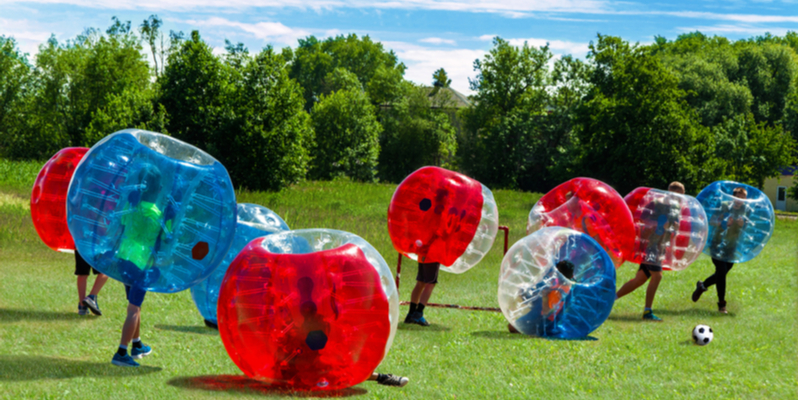
Back to School: Watch Their Mental Health
Parents can become so absorbed in keeping their children safe from COVID-19 that they forgot to guard their children’s mental health. It’s difficult for kids to have ever-present reminders of a scary disease. Social distancing also keeps kids from socializing as they normally would. Keep the lines of communication open with your children. Ask them to talk about their feelings.
Be honest with children about the situation and reassure them, telling them all the steps you are taking to keep them safe. School-aged children and teens are the age group most vulnerable to the stresses of the coronavirus situation. Make sure these children have fun outlets and help them find creative ways to socialize and do the things they enjoy. Shower them with extra love and attention, too. We can forget it’s hard on them, because it’s so hard on all of us. Take the time each day to ask them: How are you? How do you feel?
Be Extra Careful About Illness
In the past, you kept your kids home from school when they were sick. But sometimes you’re just not sure whether or not to keep your child home, especially when your child has what seems like just a mild cold. These days, it’s better to err on the side of caution. Also, consider keeping your child home from school if a family member is sick. It could be something more than a cold.
Back to School: Homeschooling, Classroom, or a Hybrid?
Some schools are offering different learning options. Parents may be able to choose between learning at home, in the classroom, or a mixture of the two. Part of your decision should be taking into account where your child feels the safest. Talk to your children and think about what’s right for both of you.
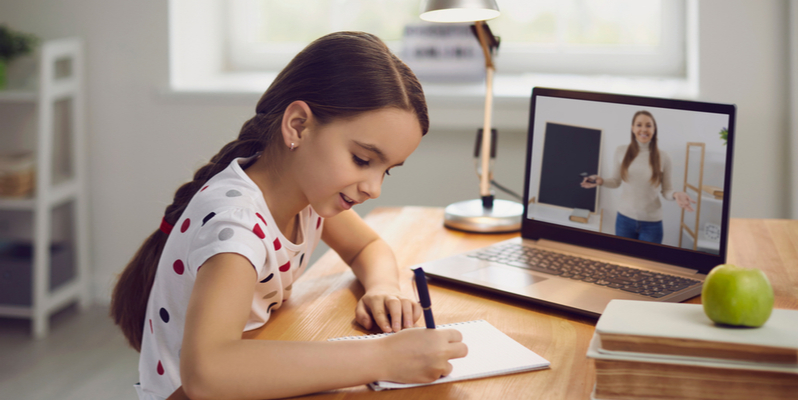
It’s important that children not feel pressured to attend school in order to achieve perfect attendance. Being safe is more important than awards. It should be emphasized to children that staying healthy is the most important consideration of all.
In the event that your child comes home feeling sick or thinks they might have been exposed to a sick person, don’t panic. Your child is watching you to see how scared he or she should be and remaining calm is important in keeping your child feeling safe and secure. Call your doctor to find out what to do and follow the doctor’s instructions.
This is not an easy time for any of us. None of us have ever been in a global pandemic before. A lot of the time, staying on top of things is about taking deep, calming breaths before thinking things through. That and a little guidance from the experts can go a long way toward helping all of us navigate these uncharted waters.
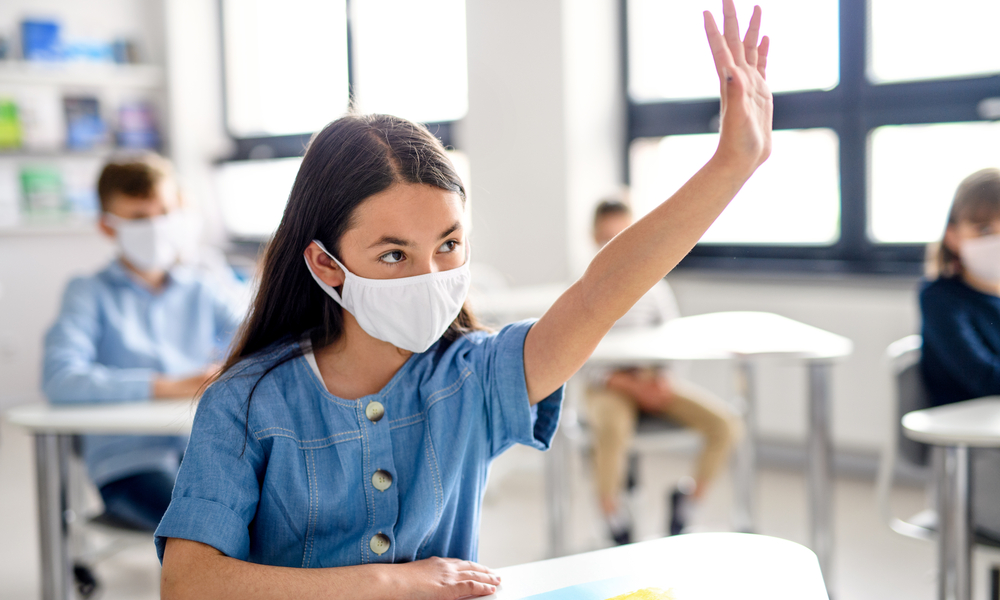
How does Kars for Kids actually help children and families??
A good question. I suggest you take a look at our programs for children and families, here: https://www.kars4kidsprograms.org/programs/
Trump blocked my tax deduction from you guys for the car I donated. Kars for kids still running ad on tv saying you will get a tax deduction. How can you help me?
Be in touch with our customer service representatives. Perhaps they can help: 1.877.527.7454. Good luck!